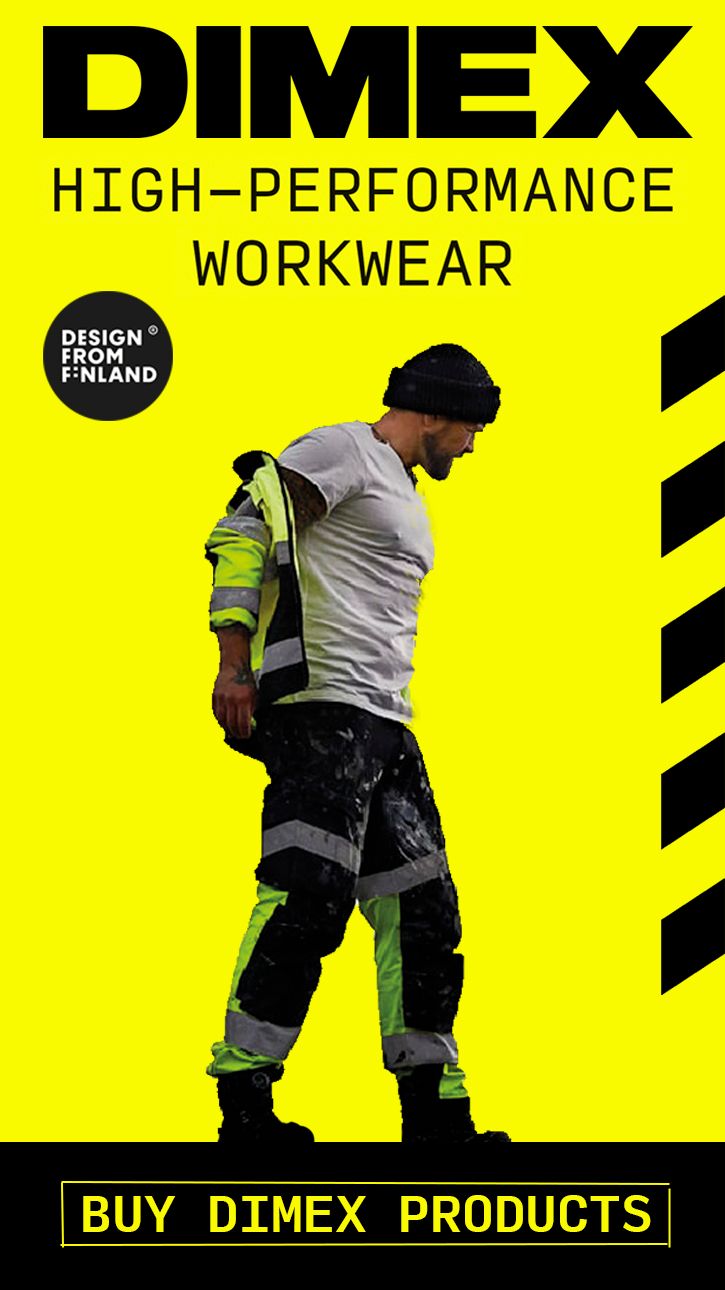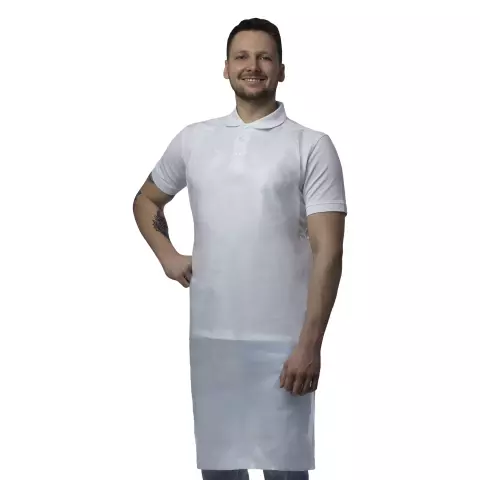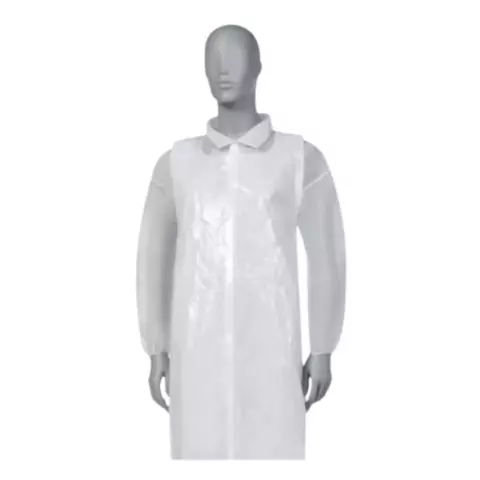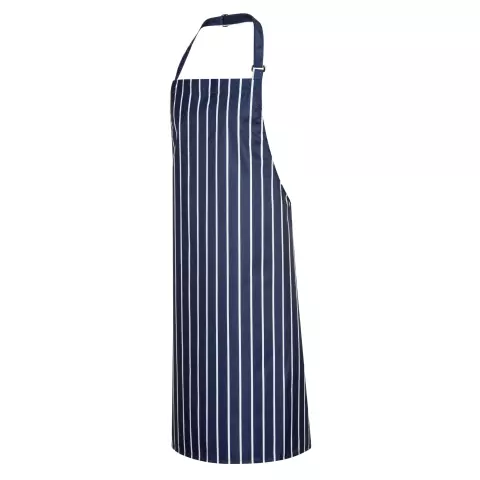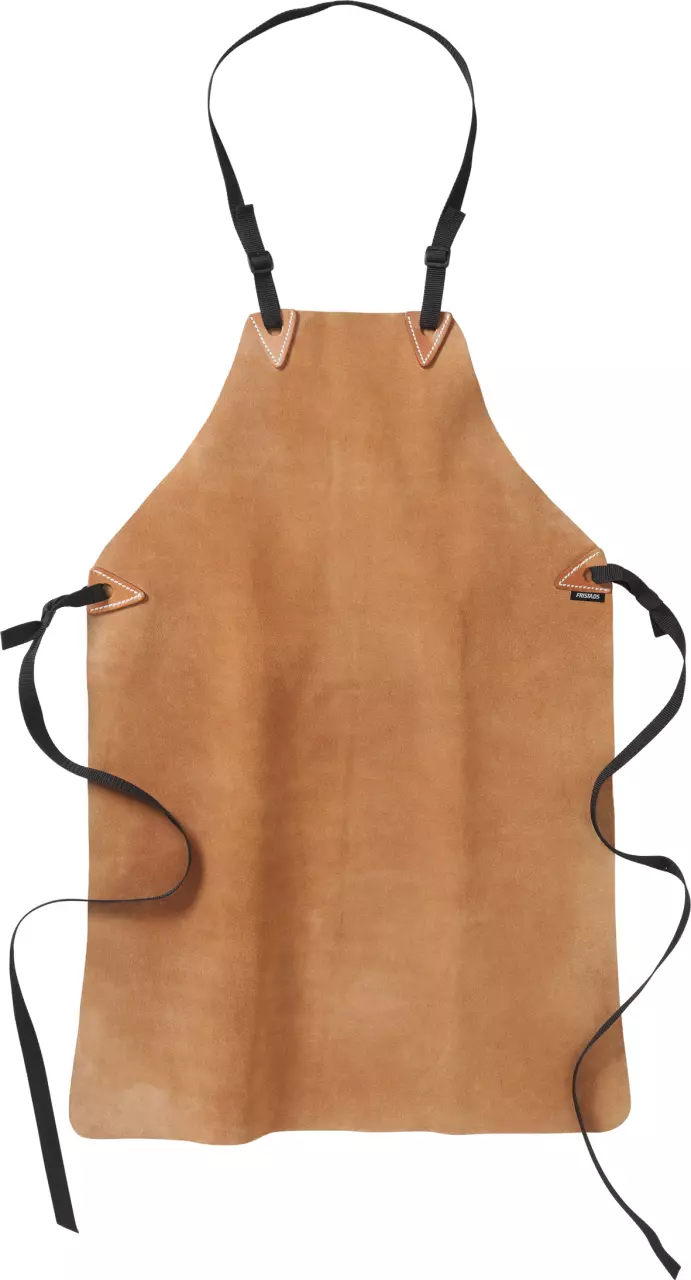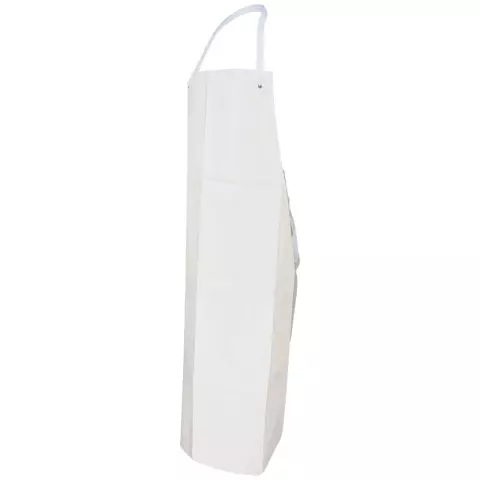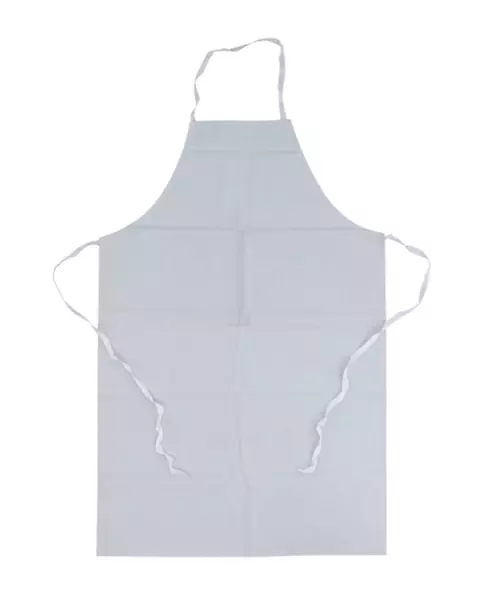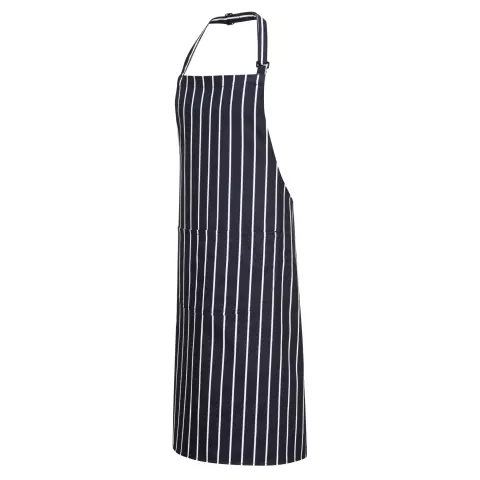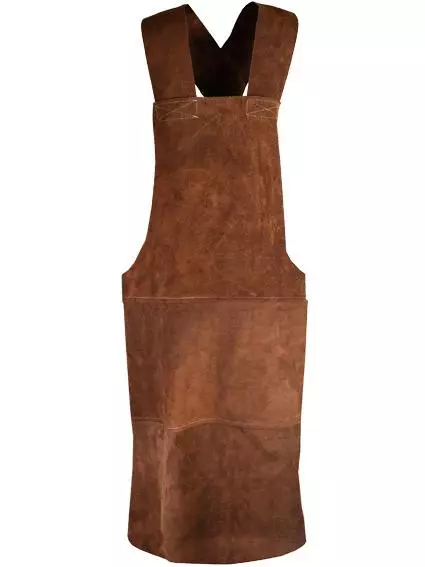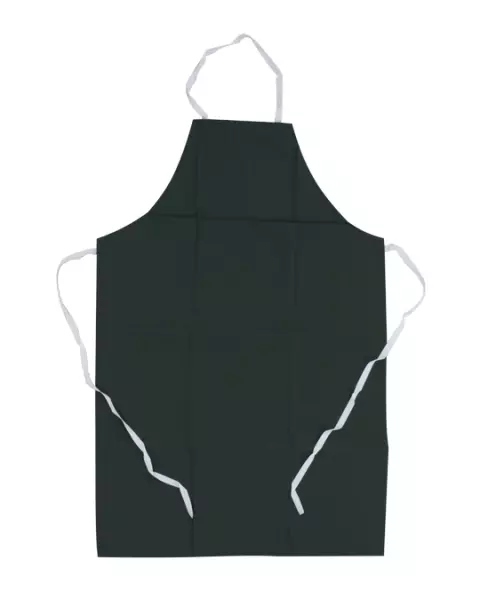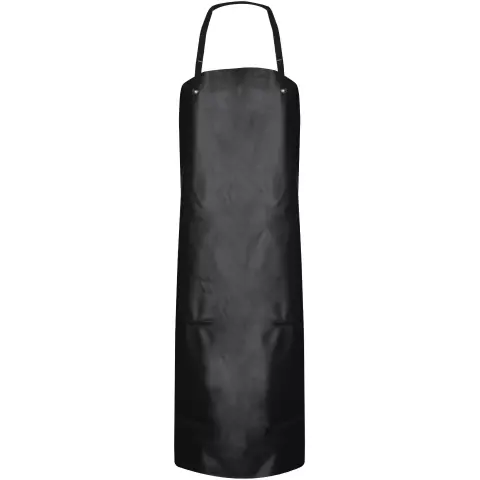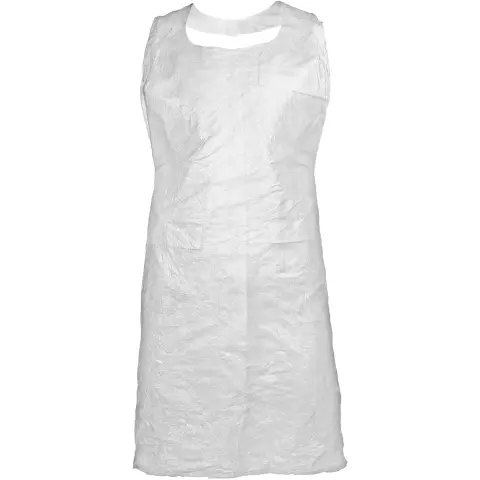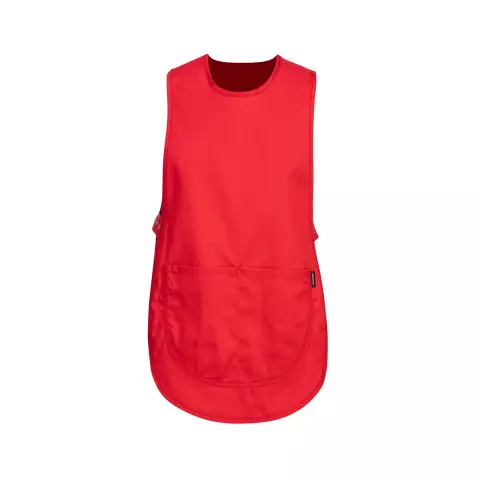Aprons
Aprons, also known as protective garments or smocks, are essential wearables designed to shield workers from spills, splashes, and contaminants. Commonly used in industries such as manufacturing, food processing, healthcare, and chemical production, these garments ensure safety and hygiene by providing a barrier between the worker and hazardous materials.
Aprons, also known as protective garments or smocks, are essential wearables designed to shield workers from spills, splashes, and contaminants. Commonly used in industries such as manufacturing, food processing, healthcare, and chemical production, these garments ensure safety and hygiene by providing a barrier between the worker and hazardous materials.
Aprons, also known as protective garments or smocks, are essential wearables designed to shield workers from spills, splashes, and contaminants. Commonly used in industries such as manufacturing, food processing, healthcare, and chemical production, these garments ensure safety and hygiene by providing a barrier between the worker and hazardous materials.
List products you’re looking for and we’ll find the best products and prices for you – all for free.
Need help?
Get help from our experts
Be the first to hear about offers, industry trends and get tips on industrial supplies.
FAQ – Frequently Asked Questions
You can pay with any of the following popular payment methods:
Need help?
Get in touch with our customer support if you need help
Chat with us
Get help from our experts
